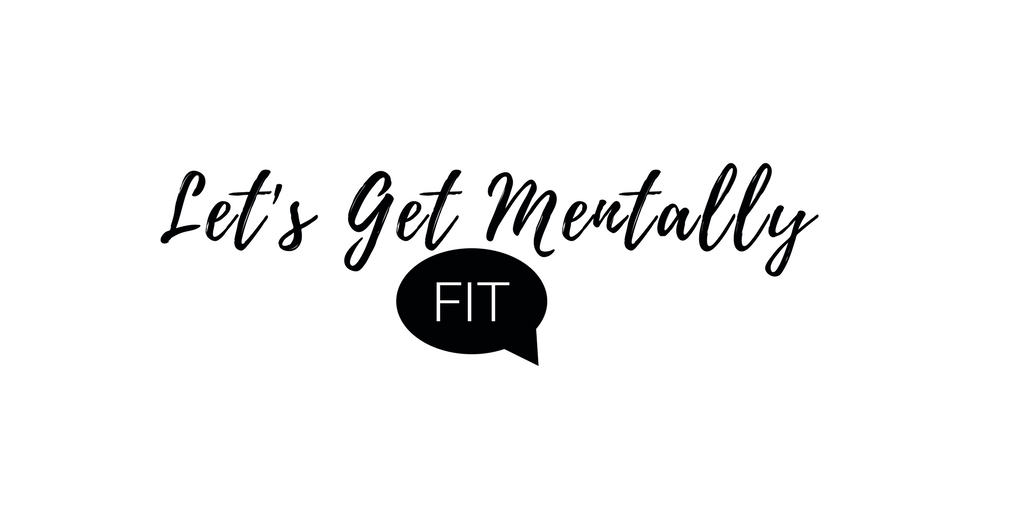
We all get angry of course and I think getting angry can sometimes be beneficial. If you supress your feelings for too long and then release the anger, your anger explodes in a way that leaves you with the feeling of regret. Simply put, bottled up anger affects your judgement. Acknowleding your anger and dealing with it before you explode increases your chances for controlled anger. The bottled up anger turns into habitual anger (you’re just mad all the time – sometimes without jusitification) and this is what leads to becoming an anger junkie.
According to Dr. Steven Stosny, a therapist who treats people for anger and relationship problems, problem anger is habitual — habits run on automatic pilot, processed in the brain much faster than conscious awareness. You are never aware of most of your resentment or anger; by the time you know you’re resentful or angry, it’s already in an advanced state. He further explains how the jolt of energy you get at any level of anger works like an amphetamine or “speed.” Anger junkies use this jolt of energy frequently in response to an emotional need. For example, they only feel confident when they’re angry, or anger is a response to their anxiety or they use it to enforce a sense of entitlement. These are anger junkies who act like bullies. They are hurt so they go overboard to make sure you hurt as well. They feel less confident about themselves, so they put you down to feel more confident. They get upset because you disagree with their opinions and as a result, “making you pay” consumes them.
Is there treatment for ange junkies? Dr. Stosny says that effective treatment for problem anger cannot merely reduce the emotional feelings or arousal of anger; it must restore a state of self-value that is more stable than whatever lowered it, which will replace the habit of blaming with a motivation to improve. And it has to do it fast.
When used appropriately anger is a very valid emotion. However, no one feels good when they are angry all the time. How do you use your anger? Are you an anger junkie? Take the anger junkie test below to find out. If you think your anger might be a result of a deeper issue, don’t be afraid to ask for help.
I use anger or resentment:
- For energy or motivation (can’t get going or keep going without some degree of anger)
- For pain-relief (it hurts when not angry)
- For confidence (only feel certain when angry)
- To ease anxiety
- To avoid depression
- To enforce a sense of entitlement
- To punish or inhibit honest disagreement with opinions
- More than once a day, and when you experience anger, it lasts for more than a few minutes
